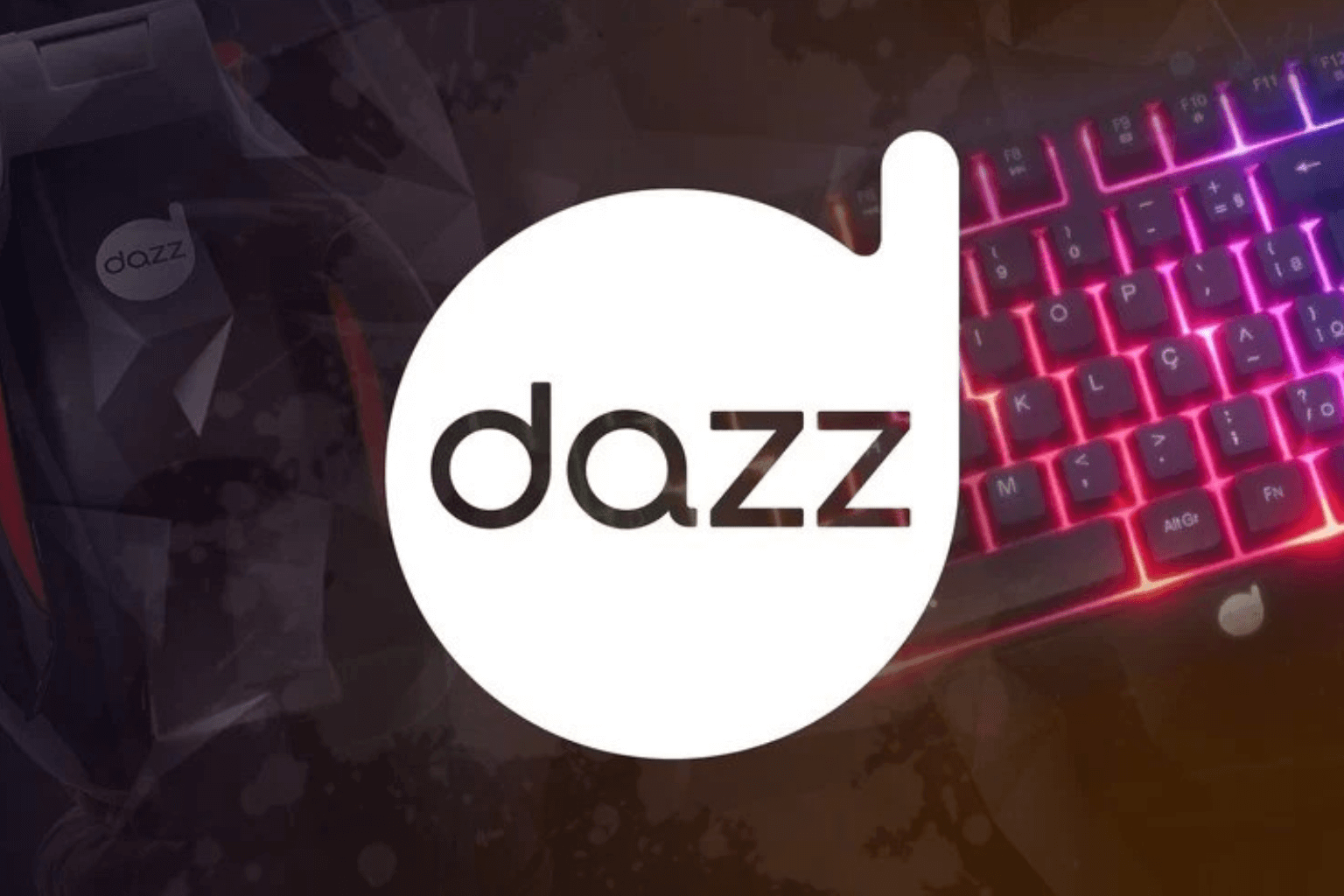
Dazz Secures $50M to Revolutionize Cloud Security with AI Automation
Dazz, a cloud security startup that fixes vulnerabilities, raised $50 million in funding. Experts estimate its post-money valuation to be just under $400 million.
Cybersecurity has emerged as a hot topic in the world of technology. Data breaches continue unabated, and as a result, security companies are under intense scrutiny.
Wiz, one of the fastest-growing, was the subject of a now-canceled $23 billion acquisition offer from Google.
Another cybersecurity startup, coincidentally associated with Wiz, has recently raised a significant round of funding.
Dazz, which specializes in vulnerability remediation for enterprises that use cloud services, has raised $50 million in equity funding. The startup has not disclosed its valuation, but sources close to the company believe it is just under $400 million post-money.
Dazz works with larger businesses, and while it does not disclose revenue figures, it claims that revenue has increased by more than 400% in the past year.
We refer to existing investors Greylock Partners, Cyberstarts, Insight Partners, and Index Ventures as “leading” the round. Dazz, which launched in 2021, has raised approximately $110 million in total.
Dazz’s headquarters are in Palo Alto, but its roots run deep in Israel. Merav Bahat, the co-founder and CEO of Dazz, worked for years at Microsoft‘s cloud security division, which started when Microsoft acquired Adallom, the previous startup that Wiz’s creators founded.
Bahat was instrumental in growing Microsoft’s cloud security unit into a $2.5 billion business before leaving to launch Dazz in 2020. The current valuation of that subsidiary exceeds $20 billion.
The first was a close friendship with Adallom’s CEO and co-founder, Assaf Rappaport, later known as Wiz. Both are based in New York City and Tel Aviv, and Bahat is Rappaport’s go-to dog sitter and informal second human family.
In the company of others, the two founders may even complete each other’s sentences. And when Rappaport was preparing to launch Wiz, Bahat became one of his first investors. Yes, she would have benefited greatly had the sale to Google gone through.
Bahat also gained a solid understanding of what works in cloud security, what doesn’t, and what could benefit from significantly more research and development.
With that knowledge, she co-founded Dazz with two other cybersecurity veterans: Tomer Schwartz (CTO) and Yuval Ofir (VP R&D).
Bahat said that prospects and customers use a variety of cloud security platforms, including Palo Alto Networks, Wiz, and CrowdStrike.
Despite this, she believes there is still a need and opportunity to focus on remediation, which is the next step after identifying vulnerabilities, misconfigurations, or breaches.
“When we talk to [security teams], what we hear is that when it comes to vulnerability, prioritization, and remediation, nobody’s solved these issues.” Part of the reason, she explained, is that the volume of problems that occur in a typical network makes it a very manual and complicated process.
“All security tools are very focused on visibility and detection, and they tell you what’s wrong.” So much is wrong,” she stated. “Some of the organizations I work with might find millions of unserved and unsolved vulnerabilities.” She reported that one customer’s network contained up to 1.2 billion vulnerabilities.
Dazz’s Unified AI-Powered Remediation
There are several other players in the remediation space, including large security platforms. Dazz’s breakthrough appears to be its technology for consolidating reports of identified vulnerabilities across multiple cloud architectures and environments which it refers to as “unified” remediation.
The company has also developed an AI-powered automation layer that prioritizes problems, identifies which vulnerabilities are near active work and which are dormant, allowing security teams to organize more effectively, and then assists in resolving those issues.
According to Bahat, previous remediation efforts may have only addressed about 10% of vulnerabilities (hopefully the most serious), whereas Dazz’s approach can address 50%–80%.
Companies like Wiz have benefited from the current trend among enterprises to procure IT from fewer “one-stop shop” providers.
However, there is still an argument for having point solutions for specific functions. Dazz and its investors believe remediation is one of those areas, particularly since the so-called “single pane of glass” can address all of a company’s assets, whether in the cloud or on premises.


